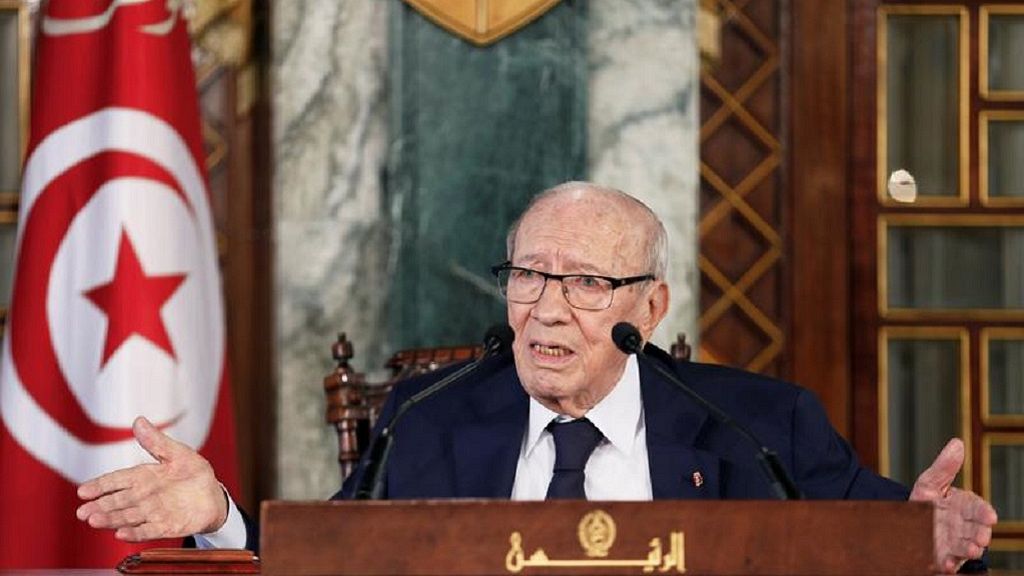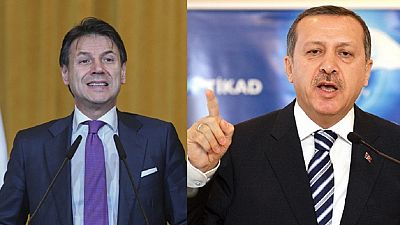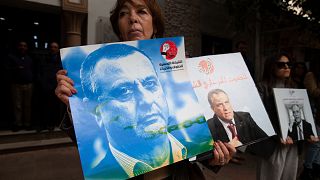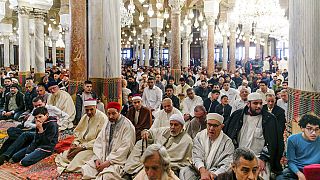Tunisia
Discharged, to resume work
Tunisian President Beji Caid Essebsi, who was taken ill last week, left hospital on Monday in “normal health” and will resume work in the coming days, the president’s son said on his Facebook page.
The presidency later published a picture of the 92-year-old leader, apparently surrounded by medical staff, as he left a military hospital in Tunis.
“The head of state left the military hospital to his residence in Carthage after having received the necessary treatment and having recovered,” his office said in a statement.
Concerned over the country’s political stability, politicians and social media users have been calling for transparency on the president’s health since he was hospitalised last Thursday.
A group of unidentified Tunisians posted online a statement with the hashtag “#we have the right to know”, demanding “transparency” concerning Essebsi’s health.
They said rumours on media outlets had “disrupted state institutions”.
Several politicians, including members of parliament and party leaders, also demanded online that the authorities provide details on the president’s condition.
Hospitalised
Tunisian President Beji Caid Essebsi, 92, was on Thursday brought to a military hospital after suffering a “severe health crisis”, the presidency said on Thursday.
Tunisia’s 92-year-old president, Beji Caid Essebsi, a major player in the country’s transition to democracy since 2011, was taken to a military hospital on Thursday after suffering a “severe health crisis”, the presidency said.
One of Essebsi’s advisers told Reuters he was in a “very critical” condition but was alive.
Prime Minister Youssef Chahed said on Facebook that Essebsi was receiving the attention he needed and that people should stop spreading fake news about his condition, after some reports said the president had died.
The elderly head of state was hospitalised last week as well, for what the presidency described as non-serious treatment.
Essebsi has been a prominent figure in Tunisia since the overthrow of Zine El-Abidine Ben Ali in 2011, which was followed by uprisings against autocratic leaders across the Middle East, including in nearby Libya and Egypt.
Tunisia set itself on a path to democracy without much of the violence seen elsewhere, although it has been the target of militant Islamists over the years.
Brief of Beji Caid Essebsi
- Came to office: December 2014 after the Arab Spring ousted Zine El Abidine Ben Ali.
- Tenure expires: When next elections are held in November, he is not contesting
- Preferred candidate: Neither Beji of his Nidaa Tunis party have named one. His current PM Youssef Chahed is leading a new party, Tahya Tounes.
- Best remembered for: Being Tunisia’s first democratically elected president.
“I will say frankly that I do not want to present for a second term because Tunisia has a lot of talents,” Essebsi said at a meeting in April of his party Nidaa Tounes in Monastir.
Tunisia’s president rules out second term bid













Go to video
The EU moves to fast-track asylum claims by migrants from 7 countries to speed deportation
01:15
Tunisian President Saied dismisses prime minister amid political tensions
Go to video
A Tunisian extremist is on trial accused of killing 3 people in a French church
02:18
Tunisia: Harissa festival attracts tourists around the world
02:11
When cinema in Tunisia travels to the audience
01:51
Coming home: Ghana has granted citizenship to hundreds of African Americans